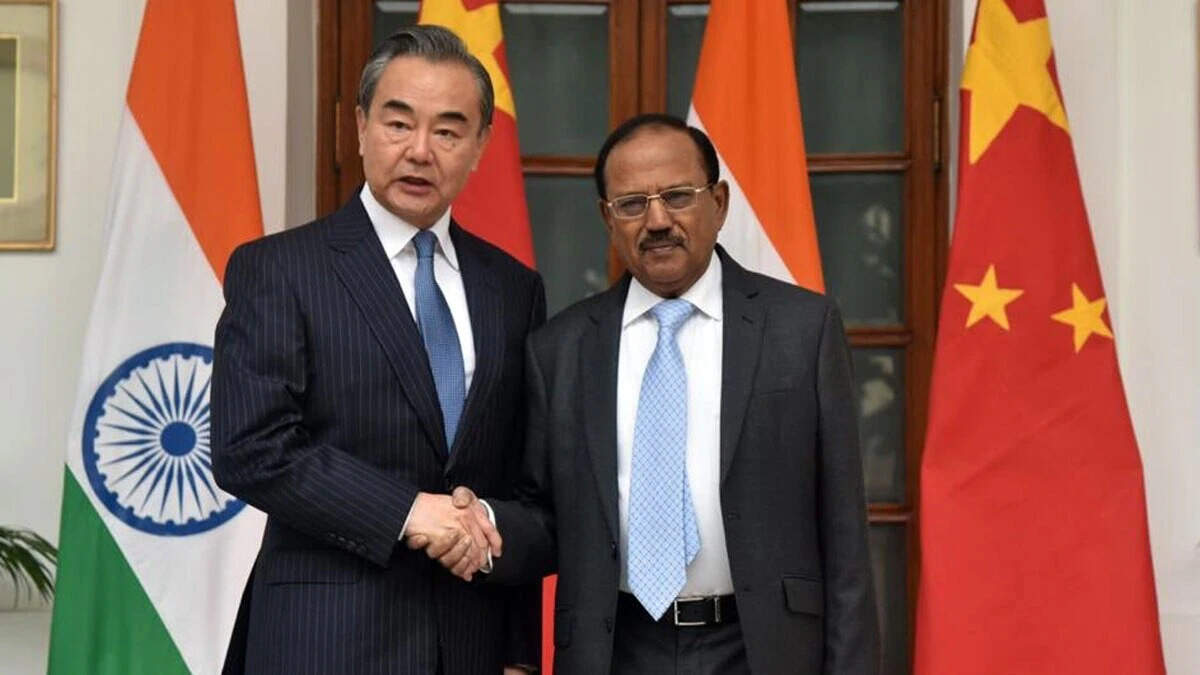US President Donald Trump’s growing proximity with Pakistan has created a new movement in the geopolitical scenario of South Asia. Pakistani Army Chief Field Marshal Aseem Munir’s recent visit to Washington and then Beijing has not only alerted India, but also forced China to consider the strength of its decades -old relations with Islamabad. Chinese strategic experts believe that even though Pakistan is trying to increase economic and strategic cooperation with the US, it will not risk its deep relations with China. Chinese leadership has also given this message to him.
Munir-Trump Meet
The meeting between Trump and Munir at the White House in July 2025 created a stir in global diplomacy. This was the first time an US President invited the Pakistani Army Chief on private dinner without any pre -plan. In this meeting, issues like military conflict, oil deals, trade and anti -terrorism cooperation between India and Pakistan were discussed in May. Trump announced to increase US-Pakistan cooperation after this meeting. The meeting indicated a change in the US foreign policy, which could have an impact not only on India, but also China and the Middle East.
China’s anxiety and response
China, which has been an evergreen relationship with Pakistan for decades, is cautious about this development. Under the China-Pakistan Economic Corridor (CPEC), Beijing has invested billions of dollars in Islamabad, symbolizing deep economic and strategic relations between the two countries. Recently Munir visited Beijing. During this time he met Chinese Vice President Han Zheng, External Affairs Minister Wang Yi and senior officials of the People’s Liberation Army. This is an indication that China will not let its hold on to weaken. However, Munir’s absence from President Xi Jinping also causes some doubts. The hidden message in this is that he is not very happy with Munir’s US love. He will not carry forward his relations with America at the cost of his relations with China. He insisted that Pakistan will not easily get trapped in Trump’s temptations. Similarly, Jesse Wang, a research scholar at the Center of Hawasia South Asia Economic and Cultural Insurance, said that Trump’s “sweet-sweet things” towards Pakistan seems to be a disruption for China on the upper side, but this could not affect the structural stability of China-Pakistan relations.
Pakistan’s equilibrium steps
Pakistan has historically adopted a strategy to maintain parallel relations with the US and China. Pakistan supported the US in the 1979 Soviet-Afghan War and the 9/11 War after 9/11, but also strengthened its strategic relations with China. Hu insisted that Pakistan’s bargaining power with America depends on its proximity with China. Munir’s recent diplomacy is part of this “three -dimensional chess”, in which he is trying to take economic and military benefits from the US without resentment.
Impact on India and Trump’s strategy
Trump’s softening of Pakistan and threats to impose 25 percent tariff on India has made New Delhi uncomfortable. Chinese experts believe that it is part of Trump’s ‘Art of the Deal’ strategy, which aims to pressurize India to play a strong role against China under the leadership of America. According to Hu, Trump’s policy reflects India’s frustration about India’s ‘strategic autonomy’.








